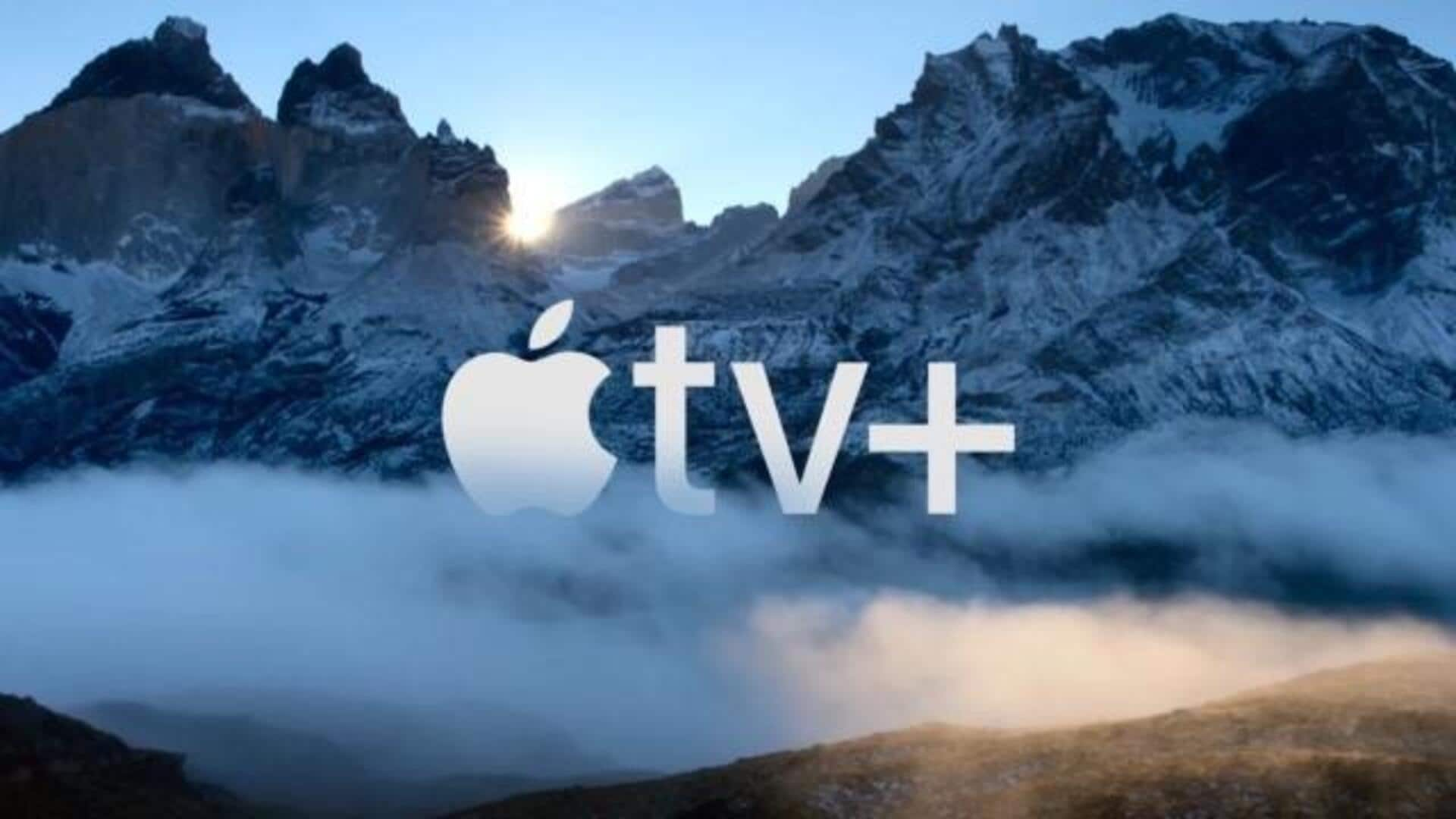
Apple TV+ reduces Hollywood spending due to limited success
What's the story
Apple TV+ is reportedly cutting back on its Hollywood expenditure after seeing limited return on its $20 billion investment in original programming, according to Bloomberg. The streaming service, which launched in 2019, has struggled to secure a significant market share, accounting for a mere 0.2% of US TV viewership compared to Netflix's 8%. Despite considerable investment and critical acclaim, Apple TV+ reportedly generates less viewership in a month than Netflix does in one day.
Performance analysis
Limited success despite high-profile projects and talent
Over the past five years, only four series from Apple TV+ have made it onto Nielsen's weekly list of the 10 most popular original streaming shows. Even with Ted Lasso being the most-watched streaming show of 2023, Apple TV+ has fewer top 10 hits than any other streaming service except Paramount+. Apple's initial venture into streaming was characterized by extravagant spending on high-profile projects and talent, including deals with Oprah Winfrey, Jennifer Aniston, and Steven Spielberg.
Investment outcome
High-stakes investment in big names fails to deliver
Apple's Hollywood operation, led by studio chiefs Zack Van Amburg and Jamie Erlicht, positioned itself as a destination that is friendly to talent, similar to HBO. The tech giant spent over $500 million on films from directors Martin Scorsese, Ridley Scott, and Matthew Vaughn. In addition, it invested more than $250 million on World War II mini-series Masters of the Air. Despite receiving good reviews and awards nominations, these projects did not achieve the viewership that Apple had hoped for.
New approach
Adopting more cautious spending strategy
Apple's new strategy reportedly involves tighter budget controls and a more cautious approach to spending. This includes paying less upfront for shows, taking quick action to cancel underperforming series, and delaying productions to better manage costs. For instance, the production of the sci-fi series Foundation was delayed to prevent budget overruns caused by delays related to the 2023 actors and writers strikes. The cost of the second season of Severance surged due to COVID-related delays, internal conflicts, and additional expenses.